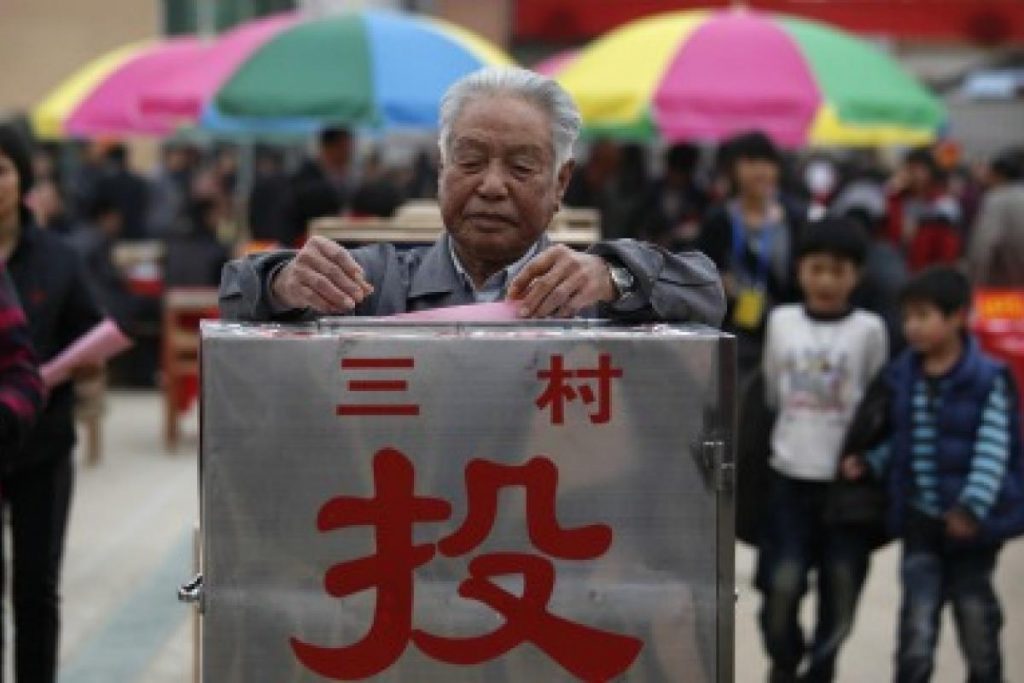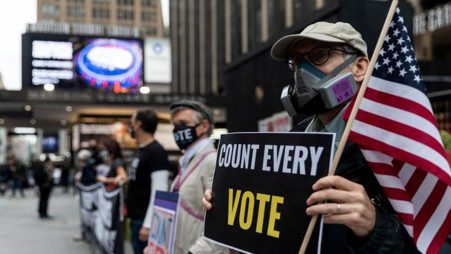The Fragile Nature Of Democracy And The Need For Strong Institutions
Democracy is the most accepted system of government in the world. It has guaranteed world politics a modicum of stability and human beings a quality of life and dignity. It is unmatched by any other in history.


This system that enables every member of society to be involved in the decision-making process by electing representatives to act on their behalf is a fragile system in the absence of strong institutions to preserve it.
The institutions for a democratic process include a free press, an independent judiciary, a separation of power among arms, an Independent electoral body, an institution to guarantee human rights, and a multi-party system. These are needed to check the government, prevent the concentration of power, and guarantee citizens’ rights.
A comparison of countries that have successfully run democratically and those that have had failed democracies reveals a difference- The absence of strong institutions.


Recently, the United States of America, the bastion of democracy, went through a test of its system when Donald Trump refused to accept the election results. In the end, he was only ousted, and democracy was allowed to run its course because there were strong institutions.
This is precisely what is lacking in African Democracy. It is why we see dictators rise to power and perpetuate themselves therein. The lack of a strong and free press or sufficient separation of power, among other things, allows strong-willed men to take over and do whatever they want.
Any state that intends to build a democracy must pay attention to building very strong institutions that can check the excesses of those who come into power. These systems are the defenders of democracy.
